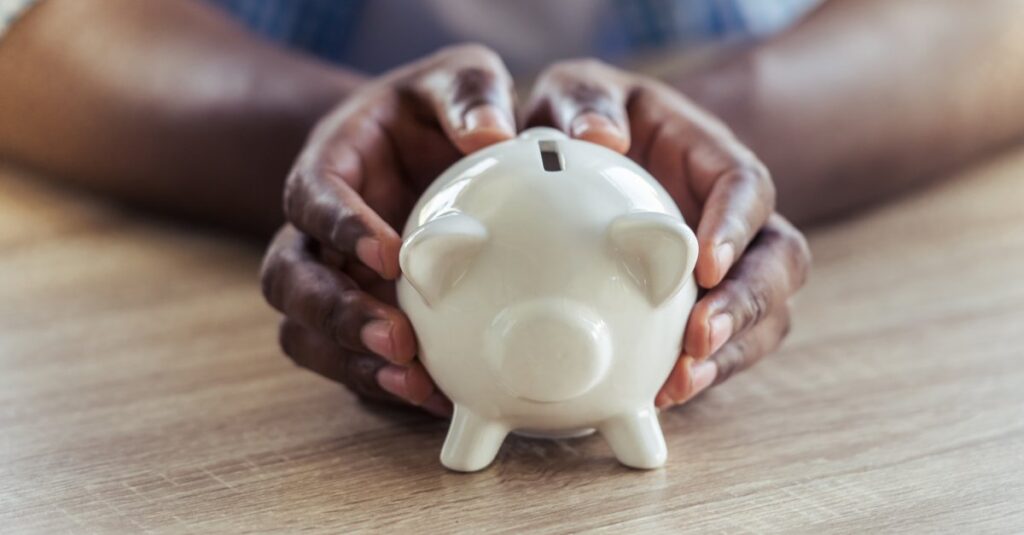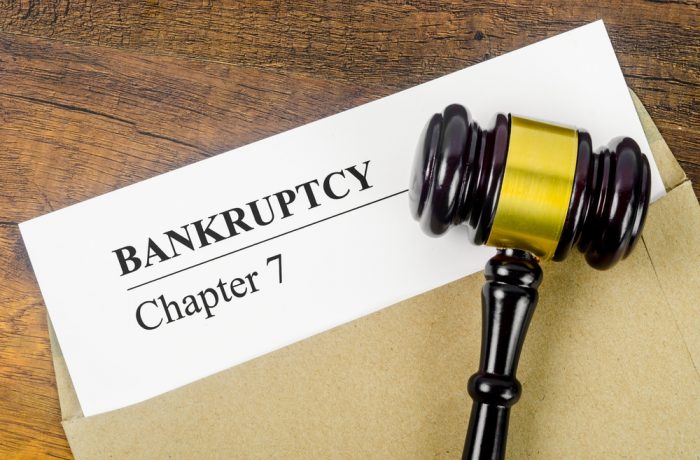By Megan DeMatteo, CNBC
Personal loans were the fastest-growing debt category in 2019, but new data from Experian found that changed in 2020. While personal loans saw a 12% year-over-year increase in 2019, the category only grew 1% in 2020 (the slowest for any debt category last year) with fewer people taking out loans.
Delinquencies also saw a dramatic decrease, with 27% fewer accounts past due 30 days or more. On average, personal loan balances sat at $16,458 in the third quarter of 2020.
Nearly one-quarter (22%) of U.S. adults have a personal loan, according to the credit bureau. Baby boomers led the pack in 2019 with the largest personal loan balances on average ($19,253 in Q2).
Online marketplaces like Upstart have made it easier to apply and qualify for flexible loan options, and online lenders such as LightStream and Discover Personal Loans provide alternative ways to finance big expenses like weddings and home improvements.
Here are the top reasons why people take out personal loans, using data from a 2019 Experian survey:
- Large purchases: 28% of respondents
- Debt consolidation: 26% of respondents
- Home improvements: 17% of respondents
- Debt refinancing: 9% of respondents
- Another reason (not listed): 30% of respondents
The average FICO® Score for someone with a personal loan in 2020 was 689, which is considered a good credit score.
If you’re considering a personal loan, take a look at your choices both online and at more traditional banks. Experian found that about two-thirds of the borrowers they surveyed in 2019 (67%) still got their loan from a conventional bank, while 18% opted for an online-only lender.
Online lenders are known for having less rigid applications and therefore being more accessible for people with fair or average credit. And consumers with good credit scores can also benefit from nontraditional credit approval policies offered by companies like SoFi, which uses an offer of employment as proof of income (to start within the next 90 days).
However, it’s important to remember that loans are not free money. A form of installment credit, personal loans must be paid back in regular increments over a set period of time. Your interest rate depends on your credit score, income, and borrowing history. Most lenders require you to make payments starting within 30 days of getting funds.
Before you apply for a personal loan, consider how much you’re going to pay in total over the lifetime (including interest and fees) and whether you want to be on the hook for making a monthly payment until it’s paid off. Also consider what kind of return you’re getting on the investment (for instance, a car loan comes with an asset attached to it, whereas a loan for vacation only leaves you with memories plus a monthly bill).
Also, look to other sources of cash before making the decision to borrow. A side hustle can help you save up extra money, or maybe a friend or family member can help you out. You might also consider a 0% APR credit card, which would allow you to pay for the purchase interest-free over six to 20 months.





